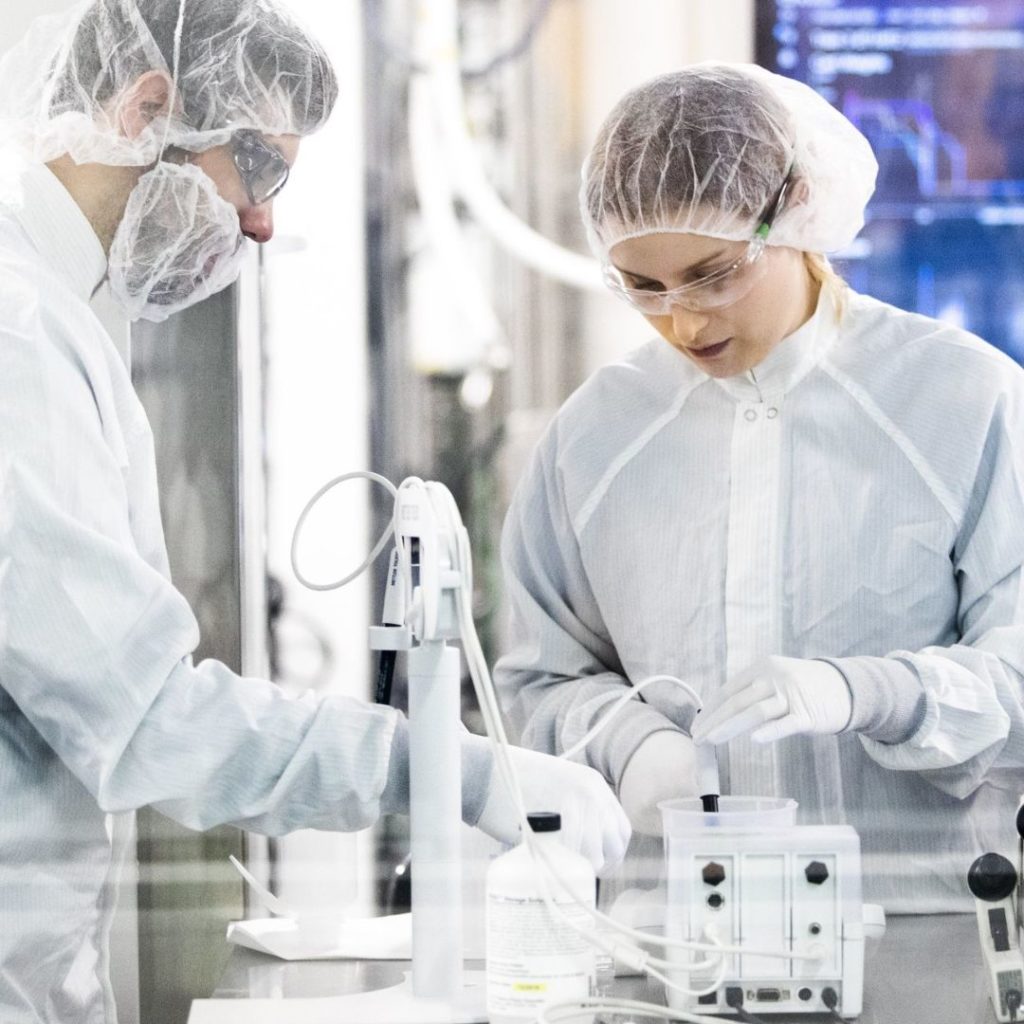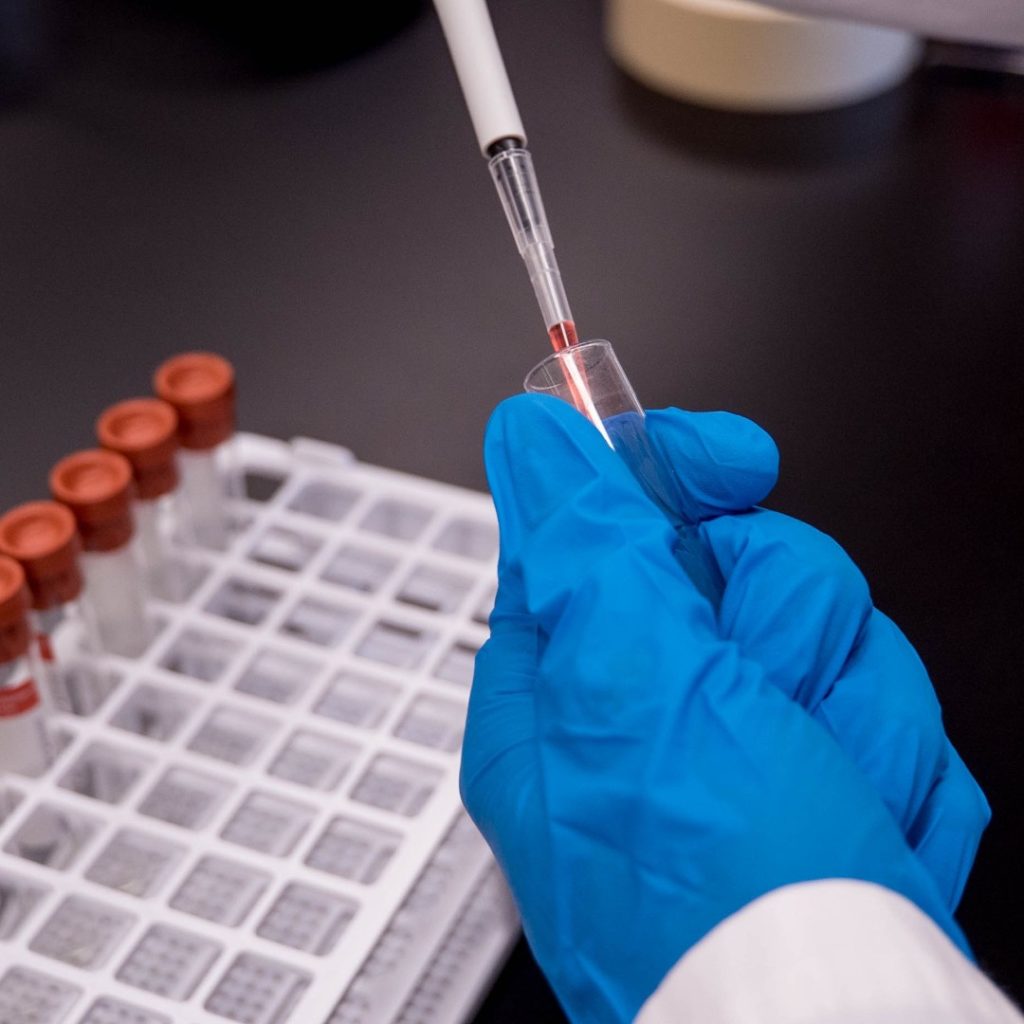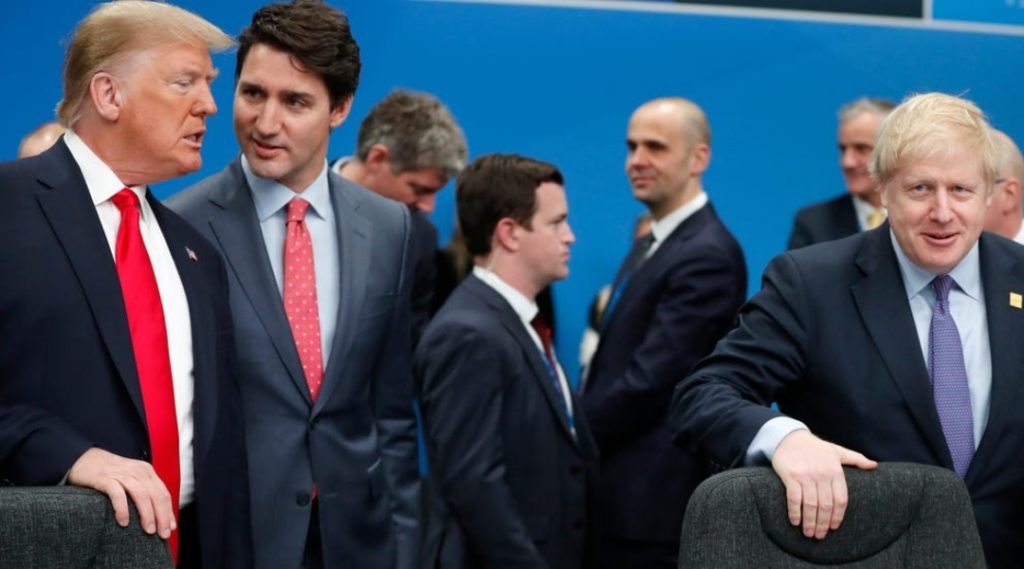Developing an effective treatment has become a tough challenge for science, especially at hard-pressed times racing against the clock and the looming threat of Covid-19.
The global fear and crisis caused by the novel coronavirus have driven medical researchers and scientists to speed up the development of treatment. With the alarming increase of confirmed cases across countries, we are now witnessing the time when medical experts across the globe are working together to impede the outbreak. From referencing traditional medicine, taking cues from existing technologies, and adopting entirely new approaches, these efforts will have us looking forward to the development of the final and effective vaccine.
RELATED READS: What Are Business Giants Doing During The COVID-19 Crisis?

What’s Happening Now
Developing a treatment against a new coronavirus is a major health challenge. Apart from identifying the most effective approach, it may become inadequate if the virus evolves. This threat calls for rapid studies, trials, and tests to thwart the outbreak right now. At present, several pharmaceutical companies are creating treatment in varying phases.
Gilead Sciences is among the frontrunners of developing a treatment. They are once again testing Remdesivir, a drug used to test effectiveness against Ebola. Remdesivir is at five clinical trials, studying to see if multiple shots can reverse the infection. There are high hopes for the drug as it showed encouraging results from animal tests involving infection with related coronaviruses SARS and MERS. With this progress, Remdesivir might help patients get discharged from hospitals within two weeks.
GlaxoSmithKline (GSK) is at its preclinical stage of developing a vaccine. They are lending help to Clover Biopharmaceuticals, a private company based in Chengdu, China. They have developed the S-Trimer vaccine that uses protein injections to build an immune response, resisting the infection. Sanofi, the company that successfully worked out a vaccine against diphtheria and yellow fever, has a different approach. They are mixing the DNA of the coronavirus into a harmless one. The resulting ‘chimera’ will boost the immune system against infection. The first vaccine test would take in six months while the human test in a year to 18 months.
RELATED READS: Stop Hoarding: What You Really Need In The Coronavirus Lockdown

In the United States, the US Food and Drug Administration (FDA) has approved chloroquine to be tested in fighting against COVID-19. The drug has been used to treat arthritis and malaria in previous years. Over in the United Kingdom, Oxford University researchers are planning to have human trials of their vaccine called ChAdOx1, next month. Although the initial claim was to have it developed in 12-18 months, the Oxford team aims to have the vaccine available on an earlier date. In China, the antiviral drug Favilavir has been approved for use after 70 patients showed a positive response with minimal side effects.
RELATED READS: Who Do We Look Out For In The Time Of An Ongoing Crisis?

The Global Competition
Pharmaceutical giants and medical researchers especially in the United States, Europe, and China have been scrambling to develop the successful vaccine. There is no definite time yet for its availability. With an uncertain timeline that is looking at an average of over a year, complacency and submitting to this new normal shouldn’t be so much as entertained, especially with an exponential number of lives at risk daily.
However, it is not a surprise for it to develop into a competition. At a glance, this may seem healthy, spurring the process of searching for treatment. However, once it is created, supplies would run out fast. The government of the country that developed it would certainly prioritize its affected citizens. This is among the fears of national leaders. Many continue to remind governments not to hoard the vaccine and create further panic and chaos from the nationalistic behavior. As a possible response, there should be funding agreements. It must include provisions that would ensure equal access and distribution to the affected populations.
At present, while we are waiting for potent vaccines and treatment, we must do our part in containing the outbreak. Sanitizing ourselves and frequent disinfecting of our living spaces are important tasks to protect our loved ones and other people from the infection.





